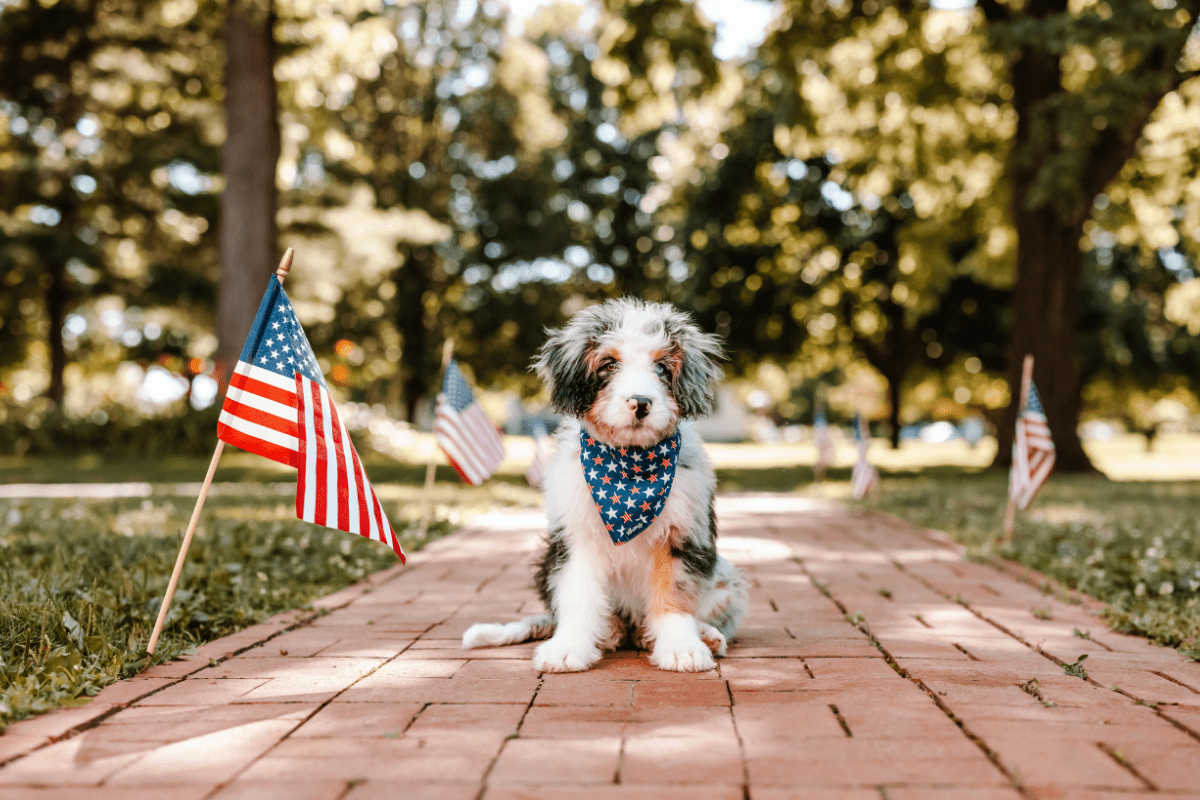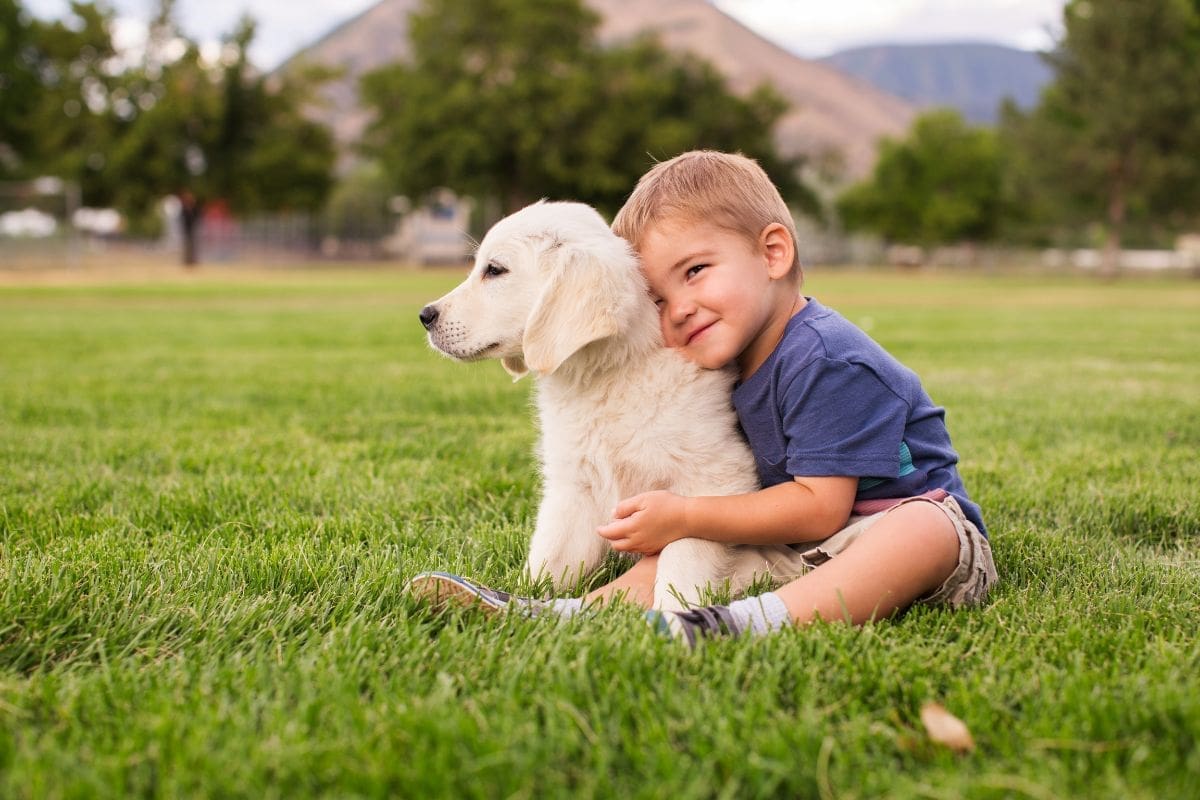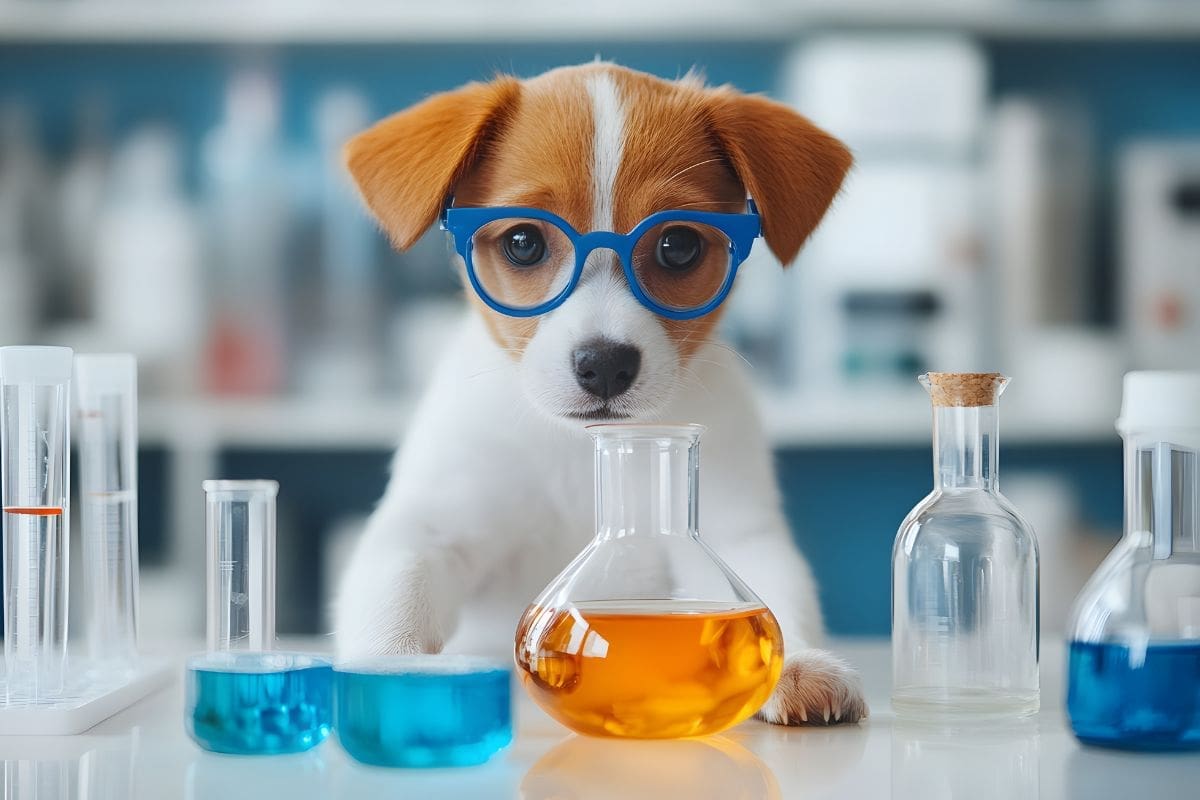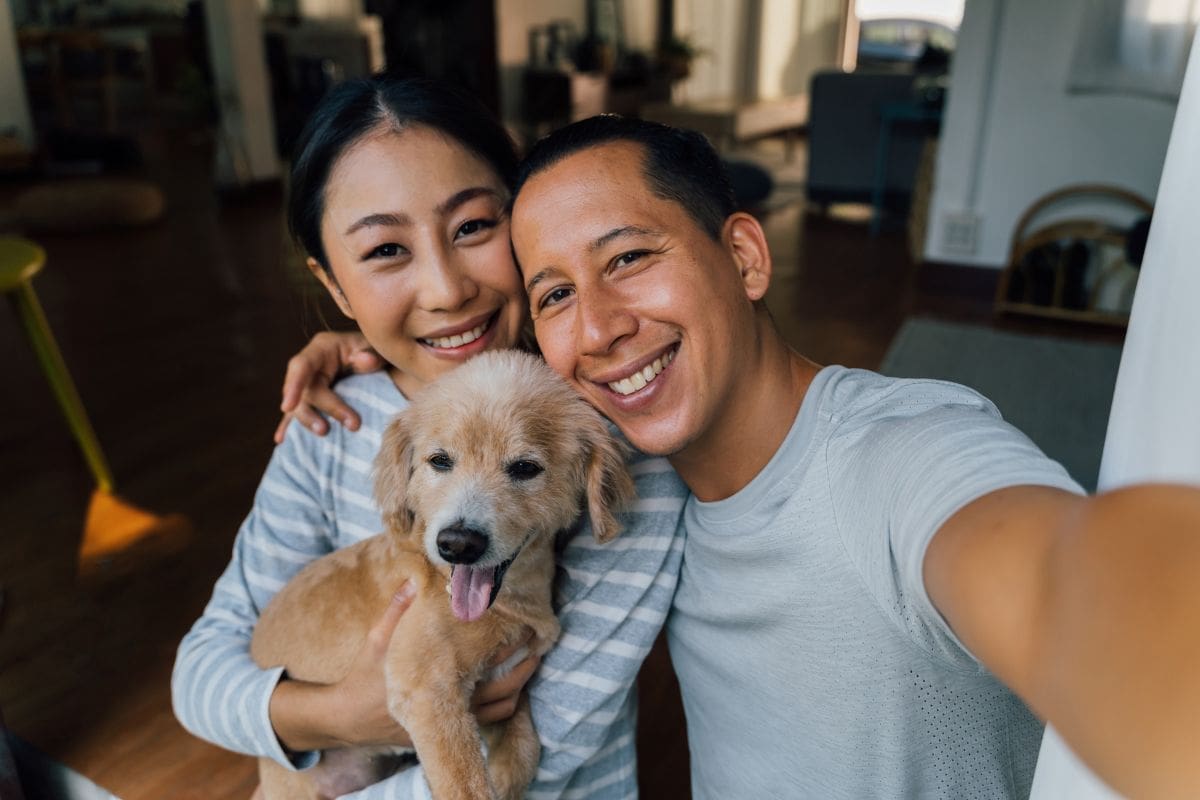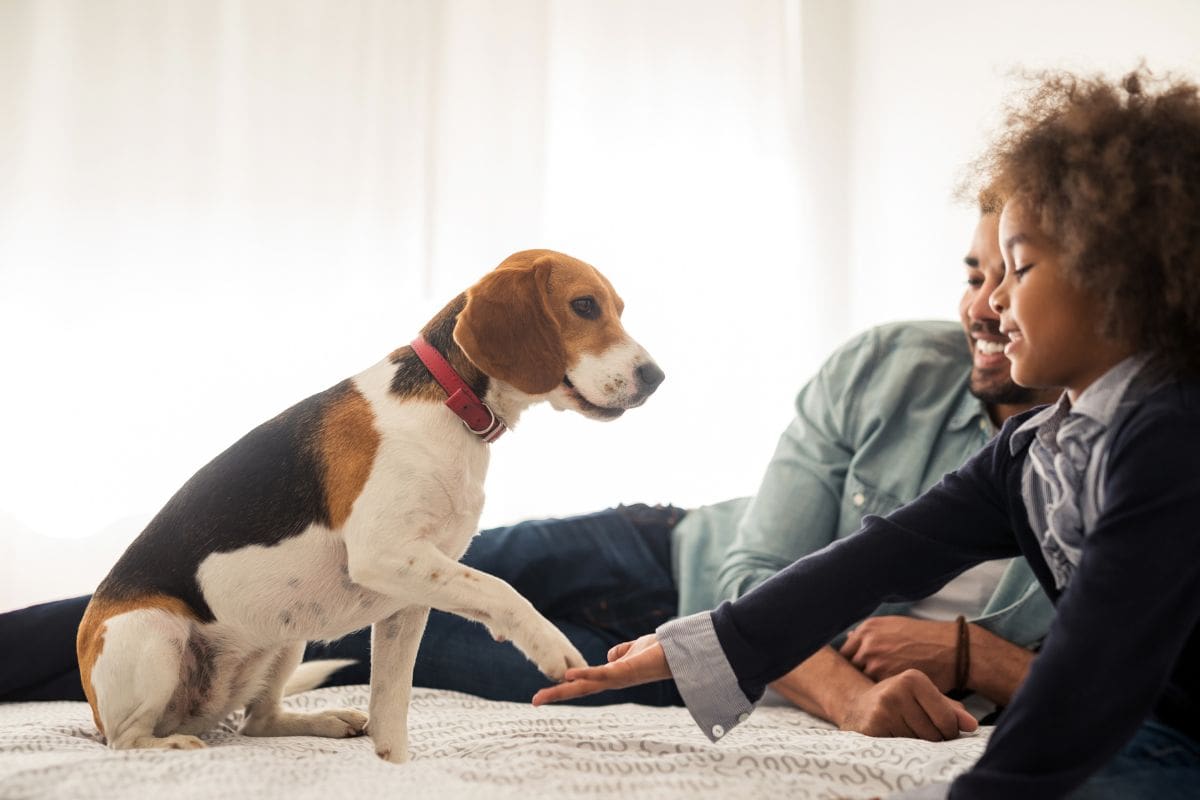September 4, 2025
Locking eyes with a puppy is easy. Doing your homework is the important part. Before those wagging tails and floppy ears join your family, there’s one big question every responsible pet parent should ask: where did this puppy come from?
It’s a fair (and important) question. Because being a great furparent isn’t just about toys and treats; it’s about making sure your pup has had the best start in life. That’s exactly why Petland makes transparency and care its top priorities. For decades, Petland has been a trusted choice for families, working only with breeders and partners who share the same commitment: happy, healthy puppies raised the right way.
Let’s break down exactly where Petland Oklahoma City & Tulsa puppies come from, and why that matters for you.
Where Petland Oklahoma City & Tulsa Puppies Come From
Petland Oklahoma City & Tulsa follows a strict, transparent process to make sure every puppy is cared for long before they meet their future family. Puppies come from three main sources:
1. USDA-licensed breeders and distributors
Petland Puppies are raised with care and backed by a commitment to quality and transparency. Petland partners only with USDA-licensed breeders who have zero direct violations in the past 24 months. But they don’t just rely on paperwork. Petland’s operations team personally visits these breeders across the country, checking for the highest standards of care. Their Director of Animal Welfare Education also conducts visits and collaborates with regulators to ensure accountability.
These breeders must provide:
- Safe, comfortable housing with space to play and rest
- Regular socialization and exercise
- Oversight from a consulting veterinarian
- A state-issued health certification for every puppy
2. Hobby breeders
Defined by the Animal Welfare Act, these small-scale breeders raise puppies in humane, hands-on environments.
3. Local adoption partners
Through Petland’s Adopt-A-Pet program, many puppies and kittens come from shelters or community members. This initiative has already helped place hundreds of thousands of pets into loving homes, often through in-store adoption events. For context: USDA Animal Care (APHIS) conducts inspections of USDA-licensed kennels (about 120 field inspectors for roughly 1,700 licensed kennels) to verify compliance. Petland’s breeder sources fall under the Animal Welfare Act (AWA); shelters and rescues are not covered by the AWA, though they’re often governed by state and local laws.
Petland layers its own vet checks and standards on Adopt-A-Pet placements to keep care consistent.
Petland’s Standards: Going Beyond the Basics
Here’s where Petland really sets itself apart: it doesn’t just follow the rules, it raises the bar. Breeders working with Petland must:
- Have a consulting veterinarian who designs a written health program and vaccination schedule against diseases like parvo, distemper, and rabies
- Keep detailed vet records and provide ongoing parasite prevention
- Maintain safe, clean housing designed to protect and comfort puppies
- Offer opportunities for play, exercise, and socialization every single day
- Provide a state-issued health certification signed by a licensed veterinarian for every puppy sold to Petland.
By the time a puppy arrives at Petland, they’ve already had multiple vaccinations, regular deworming, and lots of positive human interaction.
What This Means for You
At the end of the day, Petland’s mission is simple: give every puppy the healthiest, happiest start so they’re ready for their forever family. Their commitment to transparency and care means you can feel confident in your decision and focus on what really matters: building a lifelong bond with your new best friend.
Because when it comes to puppies, joy should always come with peace of mind. And with Petland, you can count on both.



